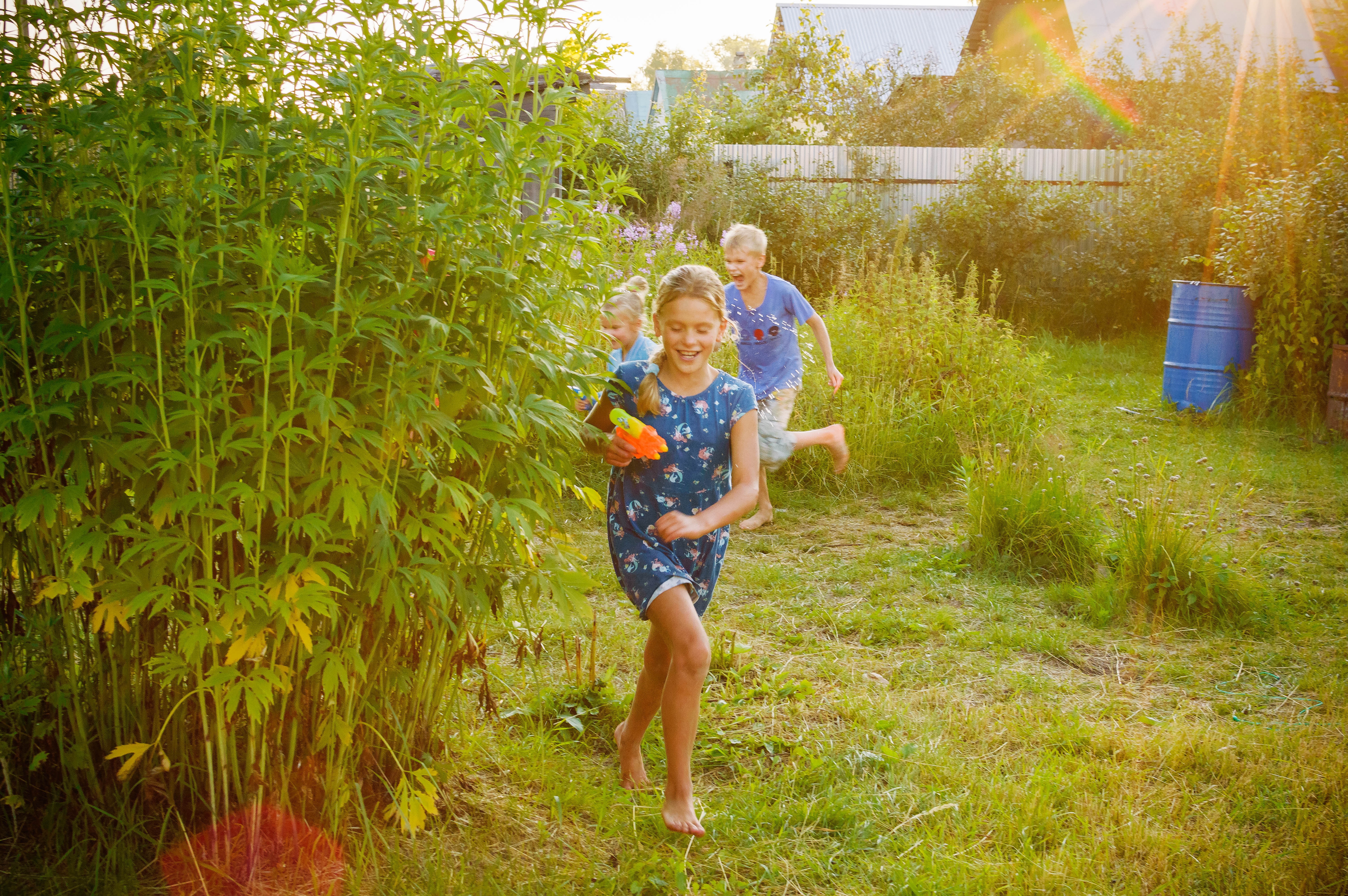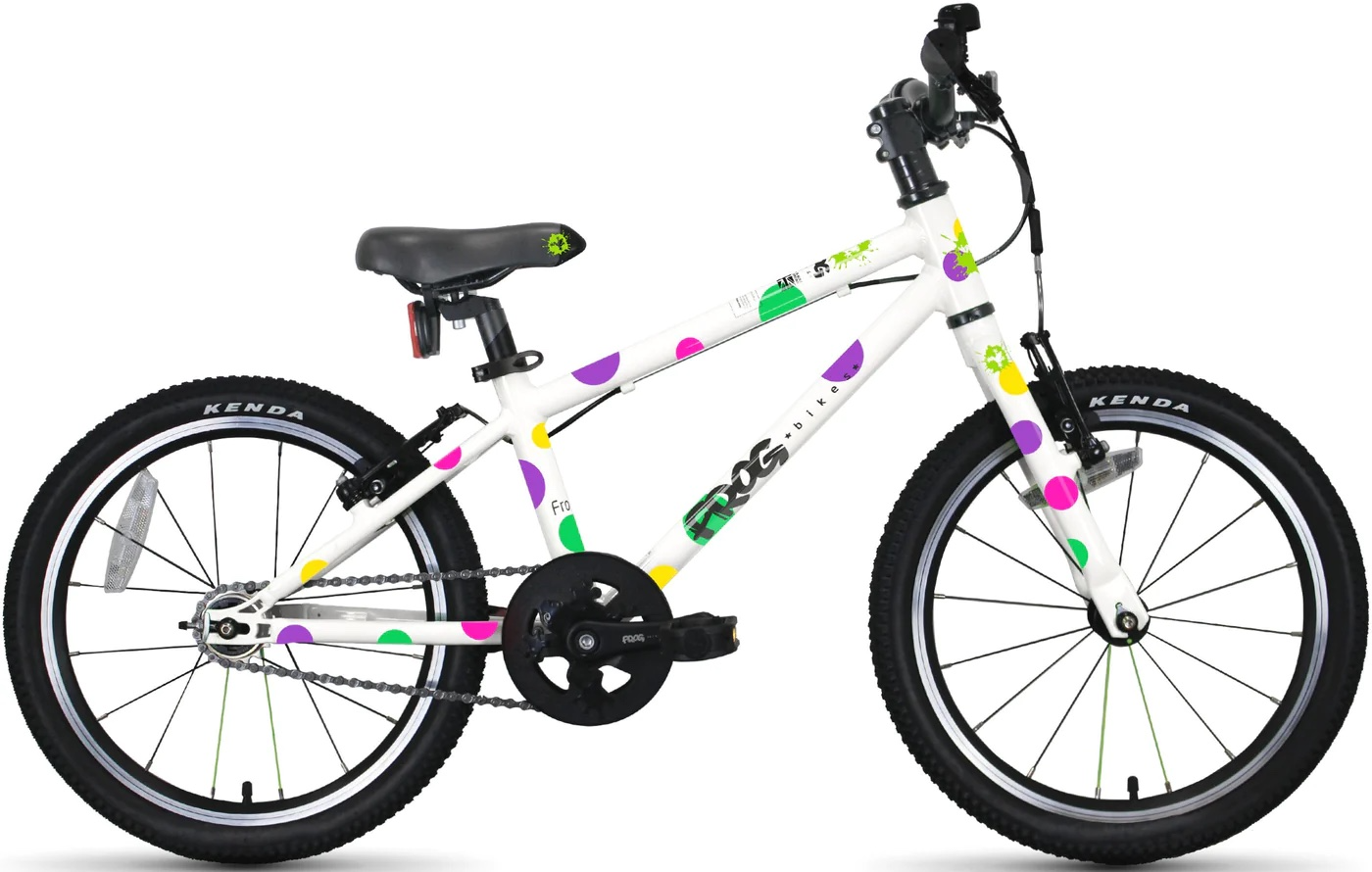In today's digital age, where children are increasingly immersed in technology, it's essential to highlight the numerous benefits of outdoor play. While technology has its merits, nothing can replace the enriching experiences and developmental advantages that come with playing outside. From physical fitness to cognitive development, social skills to emotional well-being, the great outdoors provides a natural playground that nurtures and enhances a child's growth. In this article, we will explore the incredible benefits of outside play for children, with some tips from some of our Bloss Experts!
To ensure a fulfilling and enjoyable experience, it's important to consider the child's "body budget," a term coined by neuroscientist Lisa Feldman Barrett. According to Bloss Expert Fiona Ng, the concept of the body budget recognises that our bodies track resources like water, salt, and glucose. Just as a financial budget keeps track of money, our bodies track the resources we gain and lose. By considering our child's body budget, we can make informed decisions when planning outdoor activities. Factors such as sleep quality, nutritious meals, time in nature, and overall energy levels should be evaluated to ensure a balanced body budget. This assessment allows us to customise our choices, ensuring that we create a positive experience for our children.
Navigating Tantrums
“Tantrums can be stressful for both parents and children, especially during a family outing.” Fiona advises reframing tantrums as stress responses, highlighting that children aren't consciously choosing to have them. They may be triggered by their environment, leading to a fight-or-flight response. Instead of labelling and judging the child's behaviour, parents should adopt curiosity and inquiry to identify potential triggers. The HALT acronym is a useful tool to consider if a child is hungry, angry/anxious, lonely, or tired. By addressing these basic needs, parents can help their child co-regulate and provide a safe and anchored environment.
Self-Regulation
An essential aspect for parents to consider is their own ability to self-regulate. Children often look to their parents for guidance and support in processing their emotions, but parents may struggle with their own feelings. It's crucial for parents to develop self-regulation skills to effectively respond to their children's needs. Engaging in outdoor activities, ensuring adequate sleep, practising grounding exercises like walking barefoot on grass, and establishing self-care routines can enhance parental self-regulation. By fostering a stronger connection with oneself, parents can better attune to their child's emotions and requirements.

Physical Fitness
Outdoor play encourages physical activity, promoting the development of gross motor skills, balance, and coordination. Whether it's running, climbing, cycling, or playing sports, children engage in whole-body movements that contribute to their overall physical fitness. Regular outdoor play reduces the risk of obesity, improves cardiovascular health, strengthens muscles and bones, and enhances flexibility. Moreover, exposure to natural sunlight allows children to absorb essential vitamin D, promoting healthier growth and stronger immune systems.
Cycling is a fantastic activity for your child but also can be enjoyed as a whole family. Our mini Blosser tried out one of the most talked about children's bike brands on the market - Frog, and we weren’t disappointed! Frog Bikes are significantly lighter than most children's bikes on the market. This lightweight design makes it easier for children to handle and control the bike, improving their balance and confidence while riding (It also makes it easier for parents to carry or transport the bike when needed).
Frog consider factors such as the child's height, inside leg measurement, and arm reach to provide a comfortable riding position. This ergonomic design promotes proper posture, reduces strain on the body, and enhances overall comfort during cycling. Our little tester (who tried out the first pedal Frog 47 kids’ bike, which is an 18-inch bike suitable for 4 to 6-year-olds) reported a super smooth ride, with easy to use brakes and gears, plus it was easy to pedal. This little 6 year old went from stabilisers on a heavy clunky bike to cycling solo with no stabilisers within fifteen minutes which was AMAZING. We also love that Frog Bikes prioritise safety, with features such as child-sized brake levers, appropriately sized pedals, and reflective elements for enhanced visibility. The bikes also undergo rigorous testing to meet safety standards, providing peace of mind for parents.

Cognitive Development
Playing outside stimulates cognitive development in children. The dynamic outdoor environment triggers their senses, ignites curiosity, and enhances problem-solving abilities. Natural elements, such as plants, animals, and changing weather, provide a rich sensory experience that fosters observation, exploration, and critical thinking. Outdoor play also encourages creativity, imagination, and spatial awareness as children invent games, build forts, or engage in pretend play, thus nurturing their cognitive abilities.
Social Skills
Outdoor play offers valuable opportunities for children to interact and socialise with their peers. Collaborative play, whether in organised sports or unstructured activities, allows children to learn cooperation, negotiation, and teamwork. They develop important social skills like sharing, taking turns, resolving conflicts, and respecting rules. Outdoor play also encourages communication and empathy as children learn to understand others' perspectives and work together towards a common goal, laying the foundation for healthy relationships later in life.
Emotional Well-being
Spending time outside has a positive impact on children's emotional well-being. Nature provides a serene and calming environment, reducing stress, anxiety, and feelings of restlessness. Outdoor play allows children to unwind, release pent-up energy, and experience a sense of freedom and exploration. Being in nature also promotes emotional resilience and self-regulation as children face challenges and overcome obstacles. The connection with the natural world fosters a sense of wonder, awe, and appreciation, promoting a positive outlook and overall happiness.
Environmental Awareness
Engaging in outdoor play from an early age fosters a deep appreciation and respect for the environment. Children develop an understanding of the interconnectedness of nature and the importance of sustainability. They become more conscious of their surroundings, learn about plants, animals, and ecosystems, and develop a sense of responsibility towards preserving and protecting the natural world. Outdoor play cultivates environmental stewards who will carry this awareness into adulthood.
Play Ideas
Lea Henry, Co-founder and director of CocoRio has some wonderful play ideas to enjoy with your children:
“With the 'better' weather upon us, our top tip is to take advantage of the outdoors! Nature play helps children thrive while also ensuring they are nicely exhausted in the evening to help make bedtime a breeze. Our favourite nature play activity at CocoRio is ‘Nature Treasure Hunt’. Gather interesting natural materials like sticks, stones, pinecones, and leaves. Create a treasure map of your garden or park on a piece of paper using these materials by using sticks for painting, stones for printmaking, and leaves for decoration. Make sure not to mark where the treasure will be hidden. Let the map dry, and then ask an adult to hide the treasure and mark its location on the map. Give the map to your child and let them use it to find the hidden treasure. This activity encourages exploration, problem-solving, and imaginative play.
Introduction to Journaling: Help children develop their storytelling skills and create their own storybooks by documenting their holiday experiences. Adapt the activity based on their age. For younger children, make each page of the book themed to an activity they've done, such as swimming or going to the park. Let them illustrate these themes. For older children, encourage them to describe what they've done using exciting words and phrases to make their storybook engaging to read. They can write and illustrate their experiences, capturing the memories of their holiday adventures.
Sensory Play for Little Ones: Engage very young children in sensory play using everyday materials found in the pantry. Here are a few ideas:
Uncooked pasta: Allow little hands to explore the texture, pour it, and even paint with it using non-toxic paint.
Cornflour and water: Mix a bit of water with cornflour to create an incredible texture that looks wet but isn't. Let the child touch and observe how the material moves when the container is moved.
Coloured paint pouches: Place different-coloured paint in a see-through plastic pouch and seal it. Let the child squeeze the pouch and observe how the colours mix together. This activity stimulates tactile and visual senses.”
Conclusion
Encouraging children to play outside is an investment in their holistic development. The benefits of outdoor play encompass physical health, cognitive growth, social skills, emotional well-being, and environmental consciousness. As parents, educators, and caregivers, it's crucial to create opportunities for children to experience the wonders of the natural world. By doing so, we empower them to grow into well-rounded individuals with a zest for life, a deep respect for nature, and the tools to navigate the world with confidence. So, let us unplug, step outside, and embrace the incredible benefits that outdoor play offers our children and at the same time create memorable experiences and cultivate self-regulation as parents.
Sign up today for unlimited access:
- Book appointments
- Expert advice & tips
- Premium videos & audio
- Curated parenting newsletters
- Chat with your bloss community
- Discounts & competitions
- Special events






Leave a Comment
You must be logged in to post a comment.